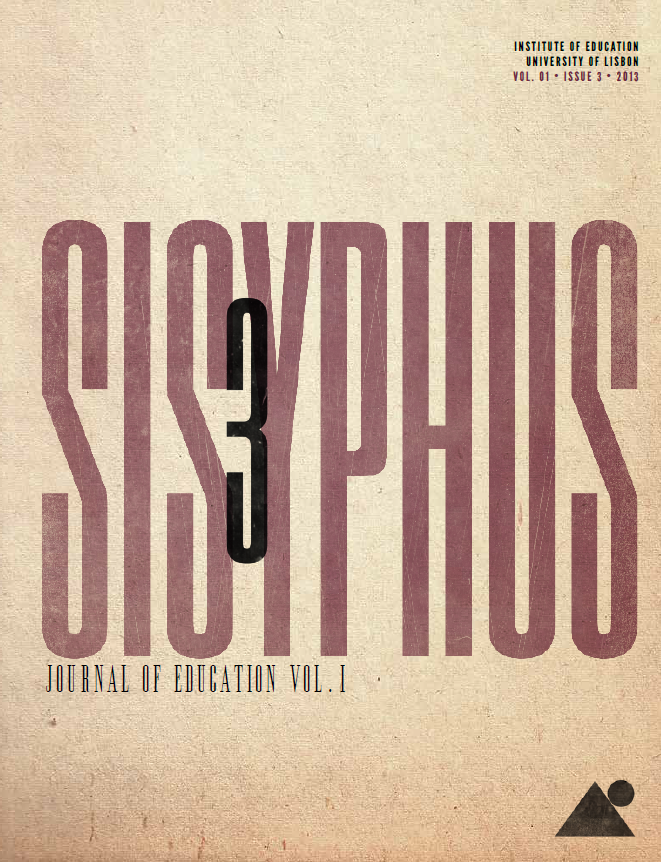Mathematics Teachers’ Learning Through Inquiry
DOI:
https://doi.org/10.25749/sis.3709Keywords:
Inquiry-based learning, Mathematics teacher learning, Noticing, Dialogic inquiry, Inquiry stanceAbstract
Inquiry-based teaching strives to engage students in learning mathematics with understanding in the classroom. Therefore, there is great interest in supporting teachers to meet this pedagogical challenge by developing practices that promote such an educational environment at different school levels. A powerful way for teachers to learn and transform their teaching is through teacher inquiry. This paper presents a model for inquiry into mathematics teaching based on the perspectives of theorists directly associated with teacher education. This model is described as an overarching inquiry cycle in which teachers begin with practice, pose a pedagogical problem, understand a key construct in the problem, hypothesize an inquiry-teaching model, test/apply it, and finally revise/apply this model. This approach is illustrated with a self-directed professional development process aimed at helping elementary teachers to develop understanding of inquiry-based teaching of mathematics.Downloads
Downloads
Published
Issue
Section
License
Copyright (c) belongs to Sisyphus - Journal of Education. However, we encourage issued articles to be published elsewhere, provided that Sisyphus authorization is asked for and that authors integrate our original source citation and a link to our website.
Author Self-Archiving Policy
Author(s) are permitted to self-archive the final published version in institutional or thematic repositories, and in their personal or institutional websites.
DORA Signer
The Instituto de Educação da Universidade de Lisboa, Sisyphus' Publisher, is a San Francisco Declaration on Research Assessment signer.






